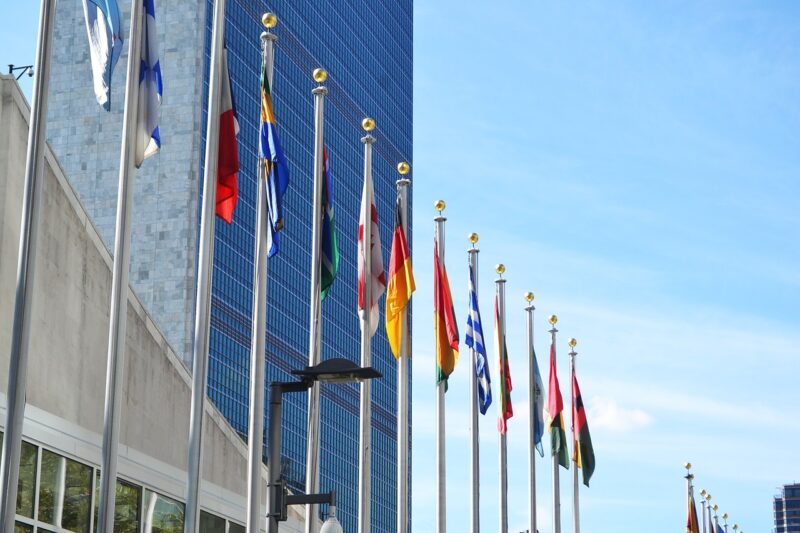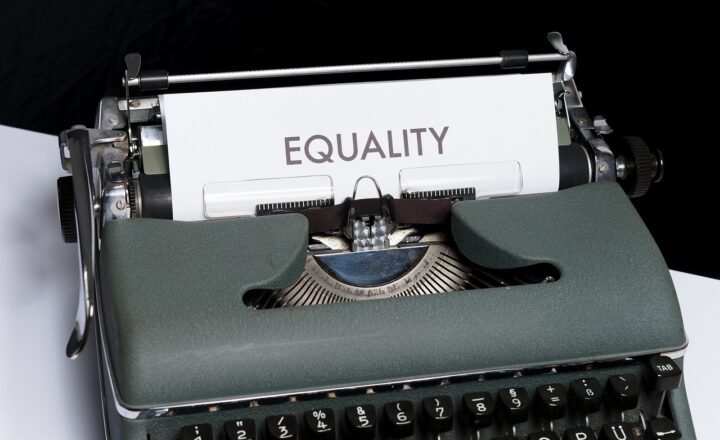
The realm of international politics operates on a complex web of norms, rules, and values that govern state behavior and interactions. Among the key players shaping these norms, the United Nations (UN) stands as a foremost authority. Established in the aftermath of World War II, the UN seeks to promote peace, security, and cooperation among nations. However, it is by no means the only international body influencing political norms. Organizations such as the European Union (EU), NATO, the World Trade Organization (WTO), and various non-governmental organizations (NGOs) play crucial roles in this dynamic environment.
1. Understanding Political Norms
Political norms can be defined as the standards of acceptable behavior within the international community. These unwritten rules help to maintain order, promote human rights, and facilitate peaceful resolutions to conflicts. Norms are often shaped by collective interests, historical precedents, and evolving values regarding sovereignty, justice, and global responsibility.
For instance, the norm of non-interference in sovereign states has shifted over time, influenced by humanitarian crises that call for intervention to protect human rights.
2. The United Nations: A Leader in Norm Establishment
The UN is perhaps the most influential organization in establishing international norms. Its founding document, the UN Charter, sets forth fundamental principles such as the promotion of human rights, the equality of nations, and the peaceful resolution of disputes. The UN’s various bodies, including the General Assembly, the Security Council, and the Human Rights Council, play essential roles in norm-setting:
- General Assembly (GA): The GA serves as a platform where all member states can discuss and express their views on global issues. Resolutions passed by the GA, although non-binding, carry moral weight and influence the development of norms, particularly in areas like sustainable development and human rights.
- Security Council (SC): The SC is responsible for maintaining international peace and security. Through its resolutions, it establishes norms regarding the use of force, sanctions, and collective security measures. The SC’s actions can legitimize state behavior or stigmatize rogue actions by states not adhering to accepted norms.
- Human Rights Council (HRC): The HRC focuses specifically on human rights issues and monitors compliance. It generates critical reports and resolutions that shape global expectations surrounding human rights practices in different regions.
These bodies foster dialogue and cooperation, thereby strengthening international norms.
3. The Role of Other International Organizations
While the UN is a key player, other international organizations significantly impact global political norms:
- European Union (EU): The EU has been instrumental in establishing norms on trade, environmental protection, and human rights among its member states. It promotes legal frameworks that often have global repercussions, influencing non-member states as well.
- North Atlantic Treaty Organization (NATO): NATO’s commitment to collective defense has set a standard for military alliances and state security cooperation. Its operations illustrate the norms surrounding the use of force in defense of other nations, particularly in crisis situations.
- World Trade Organization (WTO): The WTO regulates international trade and helps establish norms surrounding trade practices, tariffs, and disputes. Its rules encourage member states to follow fair trading practices, thus shaping economic norms globally.
- Non-Governmental Organizations (NGOs): NGOs like Amnesty International and Human Rights Watch act as watchdogs, holding governments accountable to international norms. Their advocacy work influences public opinion and can pressure states to adhere to established norms related to human rights and social justice.
Each organization contributes to an intricate framework of norms that govern international relations.
4. Challenges in Norm Development and Enforcement
Despite the efforts of international bodies, several challenges hinder the effective establishment and enforcement of political norms:
- Sovereignty Issues: The principle of state sovereignty can obstruct normative influences, especially when a state’s internal practices are scrutinized. Countries may resist external pressures, arguing that foreign interference violates their sovereignty.
- Diverse Political Cultures: The existence of diverse political systems and cultural contexts complicates the universal acceptance of certain norms. What may be regarded as a norm in western democracies could be viewed differently in authoritarian regimes or developing countries.
- Selective Enforcement: Often, international bodies may be criticized for selectively enforcing norms based on political alliances or interests, leading to perceptions of bias and undermining their effectiveness.
These challenges highlight the complexities international organizations face in shaping political norms.
5. The Future of Global Political Norms
As globalization progresses, the interconnectedness of nations brings new challenges and opportunities for norm establishment. Issues such as climate change, cyber threats, and global pandemics require collaborative international responses that can call for the development of new norms. The role of technology in shaping global political norms is also significant, as new platforms for communication influence public perceptions and advocacy efforts.
Moreover, emerging powers in global politics may disrupt established norms, prompting debates about the relevance and enforcement of existing rules. For example, China’s increasing clout on the international stage has led to discussions on differing definitions of sovereignty, human rights, and governance.
The future of global political norms will undoubtedly be influenced by the effectiveness and adaptability of both established and emerging international organizations.
Conclusion
The UN and other international bodies play crucial roles in shaping global political norms, which govern how nations interact with one another. As these organizations strive to address contemporary challenges, their ability to adapt and maintain relevance will determine the future trajectory of international norms. Norms shape state behavior, inform policies, and ultimately help preserve the fabric of international relations, enabling a more cooperative and peaceful global society.
In an era of rapid change, understanding how these organizations influence norms is vital for grasping the complexities of global politics and the pathways toward collective action and accountability.







